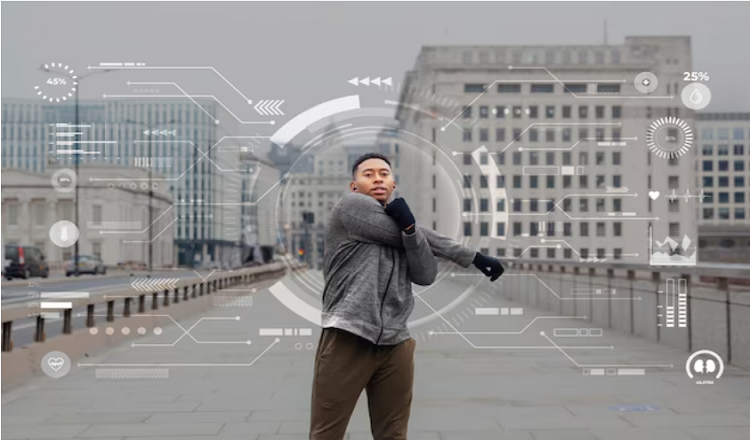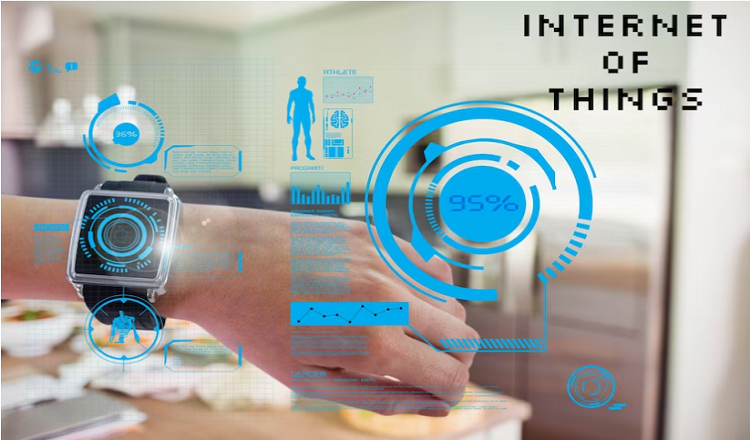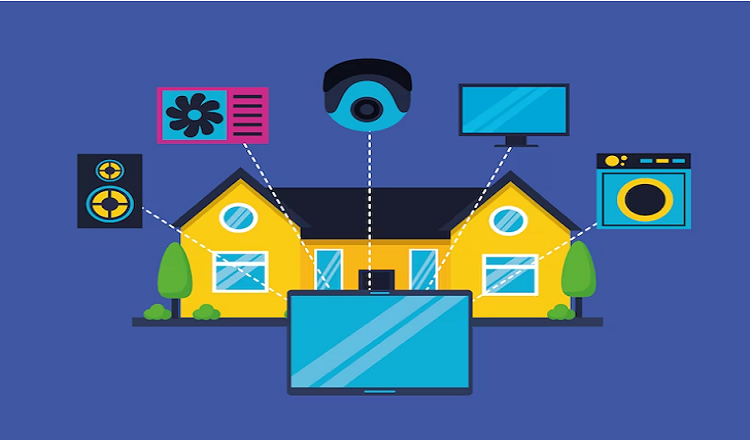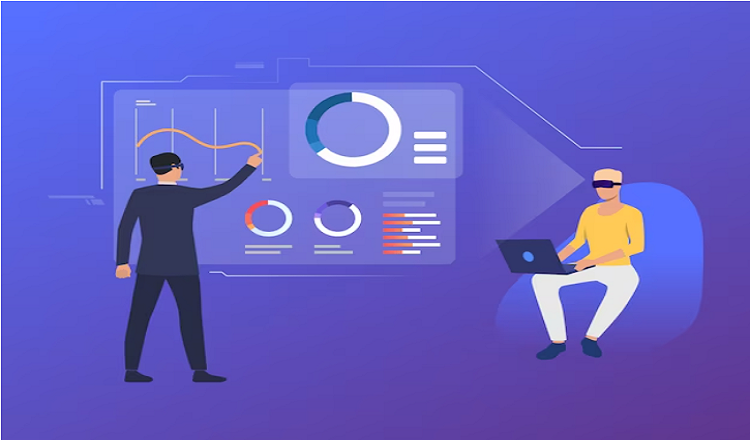The world is becoming increasingly connected, and it’s all thanks to the Internet of Things (IoT). In simple terms, IoT refers to the network of physical devices, vehicles, buildings, and other items that are embedded with sensors, software, and connectivity, allowing them to collect and exchange data. This technology has the potential to transform the digital economy, enabling new levels of efficiency and productivity in industries ranging from healthcare to manufacturing. As the IoT continues to grow, it’s important to consider how it will shape the future of the digital economy and what opportunities and challenges it presents.
Currently, IoT is already making waves in various industries, with smart home devices and wearables becoming increasingly popular. The current state of IoT sees over 30 billion devices connected worldwide, and it’s projected to reach over 75 billion by 2025. With the advent of 5G, the potential for IoT growth is even more significant. This network technology promises faster speeds and lower latency, enabling more connected devices to work seamlessly and creating more opportunities for IoT to thrive. It’s not hard to imagine a future where our homes, cities, and workplaces are all connected, creating a new era of convenience and productivity.
However, as with any new technology, there are also challenges and risks to consider. From privacy concerns to cybersecurity threats, there are various issues that need to be addressed to ensure that IoT can be implemented safely and responsibly. As we look towards the future, it’s important to consider how we can leverage the potential of IoT while also addressing these challenges to create a truly connected and sustainable digital economy
The growth of IoT
The growth of IoT is undeniable, with increasing adoption of IoT devices and systems in various sectors. From smart home devices to industrial automation systems, IoT is becoming more and more ubiquitous. In fact, the number of connected IoT devices is projected to reach over 75 billion by 2025, a significant increase from the current 30 billion.
The potential impact of 5G on IoT growth is also significant. 5G promises faster speeds and lower latency, enabling more connected devices to work seamlessly and creating more opportunities for IoT to thrive. This network technology will enable a more reliable and efficient connection, making it easier for businesses and consumers to adopt IoT technology. With 5G, the possibilities for IoT are virtually limitless, opening up new opportunities for growth and innovation. As IoT continues to grow and evolve, it’s important to keep an eye on the potential impact of new technologies and how they can further accelerate the growth of IoT
IoT and the Digital Economy
IoT has a significant role to play in shaping the digital economy, with a wide range of benefits and opportunities in various sectors. In industries such as healthcare, manufacturing, and transportation, IoT has the potential to increase efficiency and productivity, reduce costs, and enable new levels of automation. In addition, IoT can provide valuable data insights that can inform business decisions and drive innovation.
However, there are also challenges and risks associated with IoT in the digital economy. These include concerns around data privacy and security, as well as the potential for job displacement as automation becomes more prevalent. It’s important to address these challenges in order to fully leverage the potential of IoT in the digital economy. By doing so, we can create a more sustainable and equitable future that harnesses the benefits of IoT while mitigating potential risks.
IoT and Business
The impact of IoT on businesses and industries is significant, with the potential to improve efficiency and productivity in a wide range of applications. From supply chain management to customer service, IoT can provide valuable data insights that can inform decision-making and drive innovation. In addition, IoT can enable new levels of automation, reducing the need for human intervention and allowing for greater scalability.
However, implementing IoT in businesses also comes with its own set of challenges. These include concerns around data privacy and security, as well as the complexity of integrating IoT devices and systems with existing infrastructure. In addition, there is a need for specialized expertise to effectively manage and optimize IoT systems. Despite these challenges, the potential benefits of IoT for businesses are significant, and it’s important for companies to carefully consider how they can leverage this technology to remain competitive and drive growth.
IoT and Society
The impact of IoT on society and individuals is complex, with both potential benefits and risks. On one hand, IoT can provide new levels of convenience and efficiency for consumers, with smart home devices and wearables becoming increasingly popular. IoT can also enable new levels of safety and security, such as in smart city applications.
However, there are also potential risks and ethical considerations associated with IoT in society. These include concerns around data privacy and security, as well as the potential for job displacement as automation becomes more prevalent. In addition, there are questions around the ethical implications of collecting and using personal data from IoT devices. It’s important to carefully consider these issues in order to ensure that the potential benefits of IoT for society are fully realized while mitigating potential risks and addressing ethical considerations.
Conclusion
In conclusion, the future of IoT has immense potential for shaping the digital economy and society at large. From improving efficiency and productivity in businesses to enabling new levels of convenience and safety for consumers, IoT has a wide range of applications and benefits. However, there are also challenges and risks associated with IoT, including concerns around data privacy and security, as well as the potential for job displacement and ethical considerations.
As we move forward, it’s important to carefully consider the implications of IoT and to address these challenges in order to fully leverage the potential of this technology. This requires collaboration between businesses, governments, and individuals to ensure that the benefits of IoT are accessible to all while mitigating potential risks and addressing ethical considerations.
Overall, the future of IoT is bright, with new innovations and advancements on the horizon. By working together to navigate these challenges, we can create a more sustainable and equitable future that harnesses the power of IoT to shape the digital economy and society for years to come.




